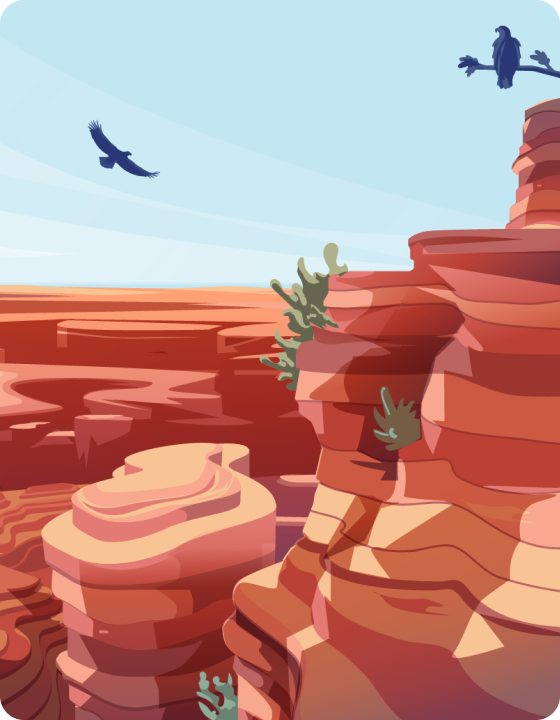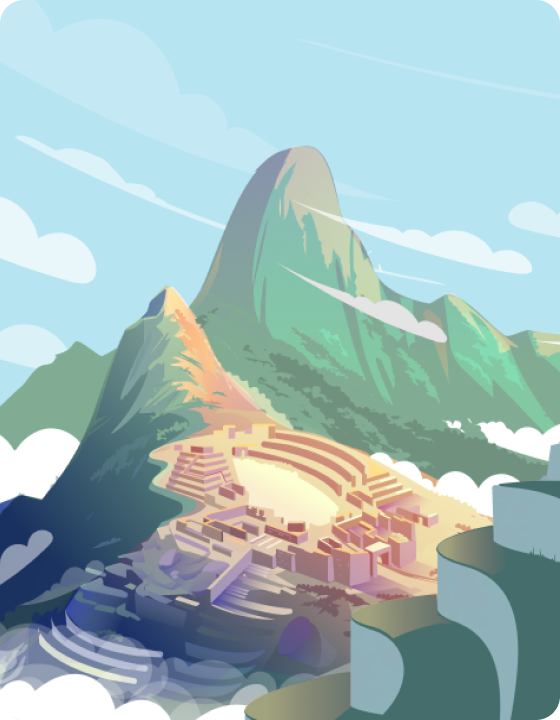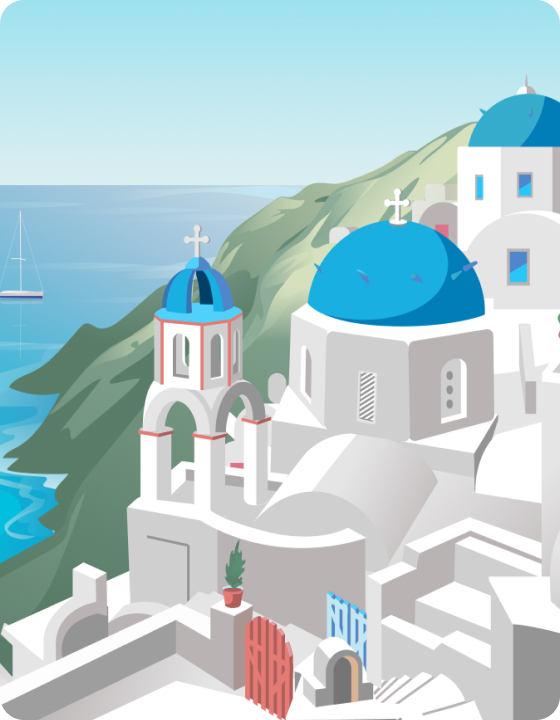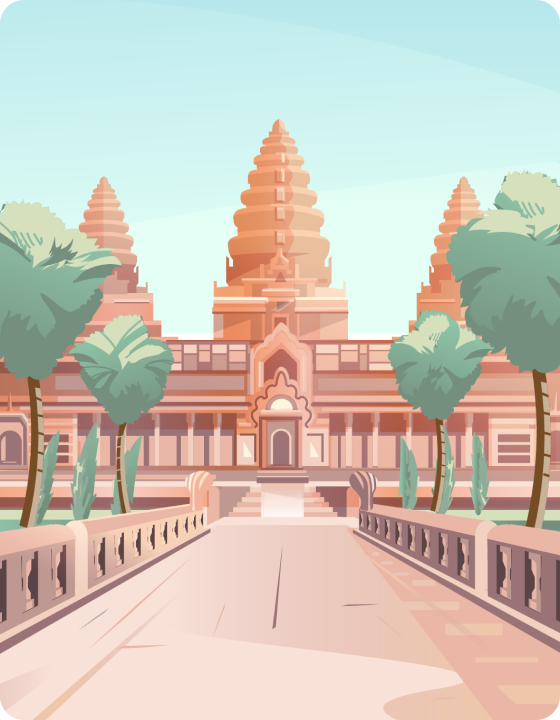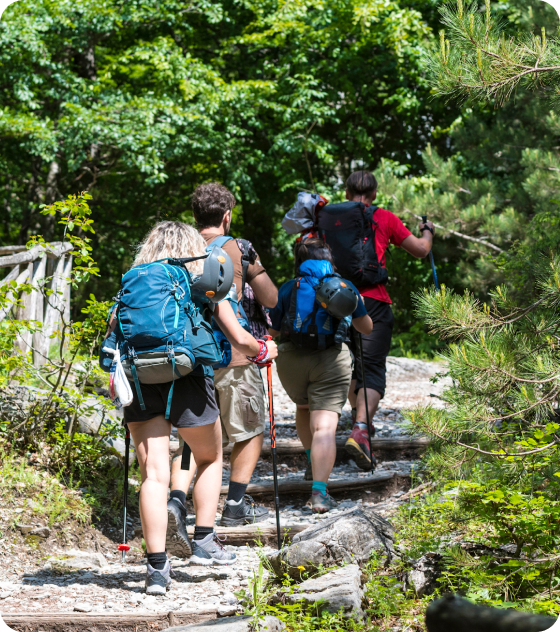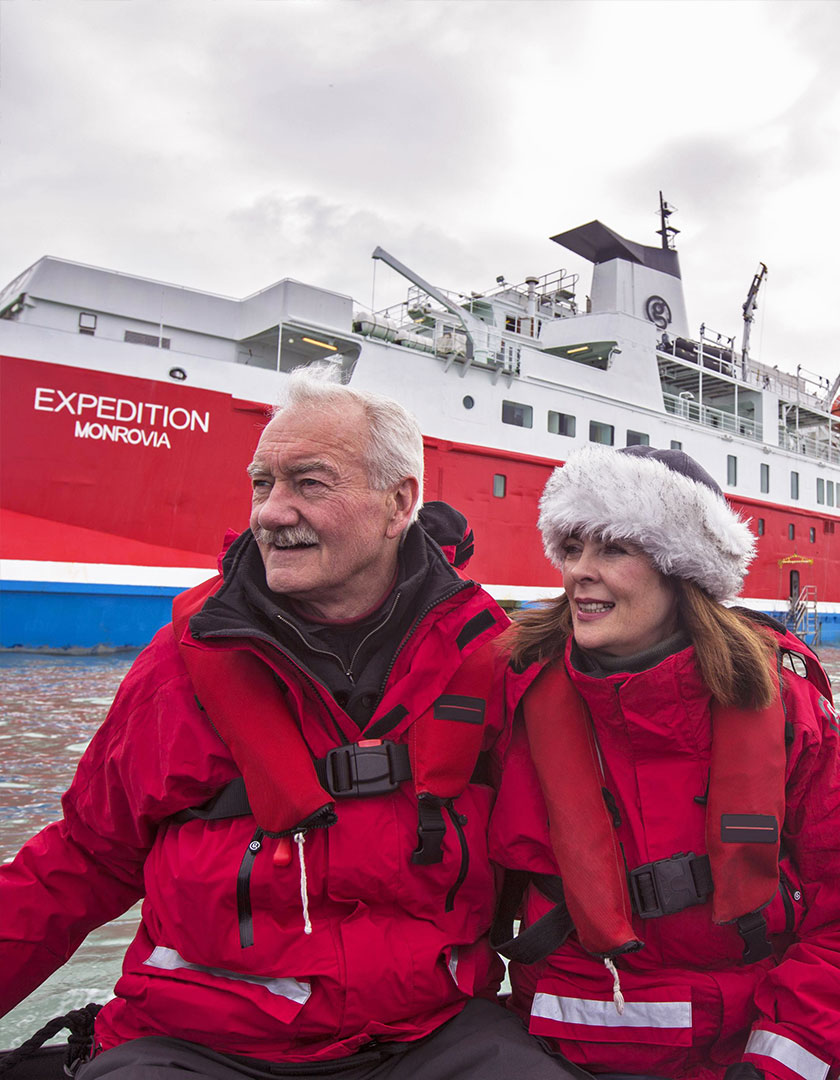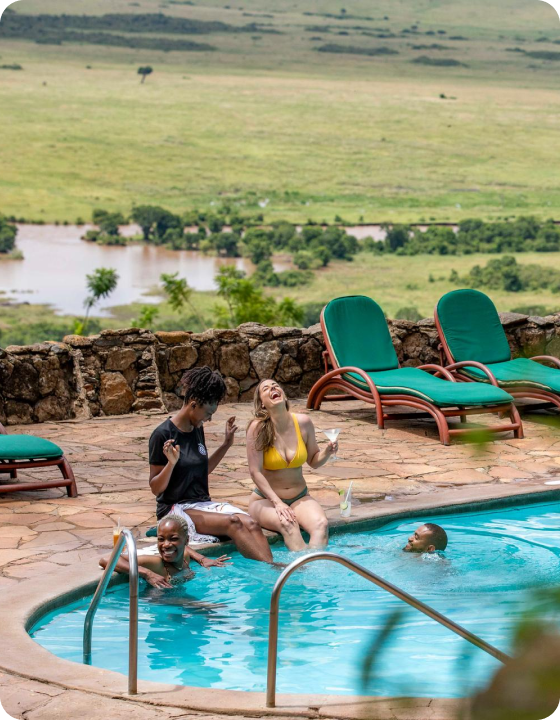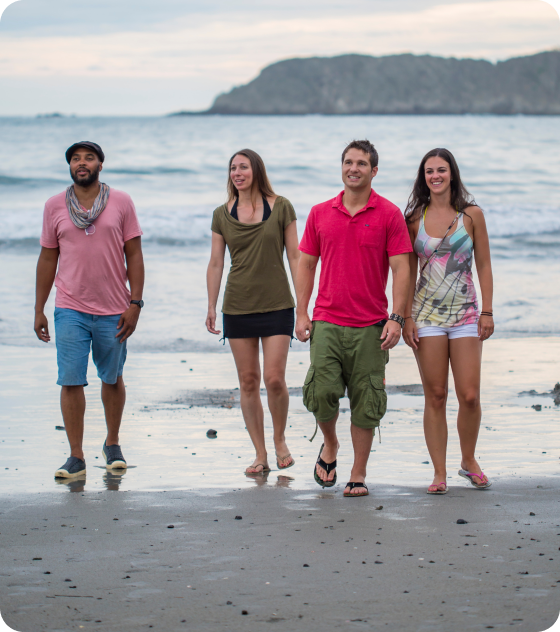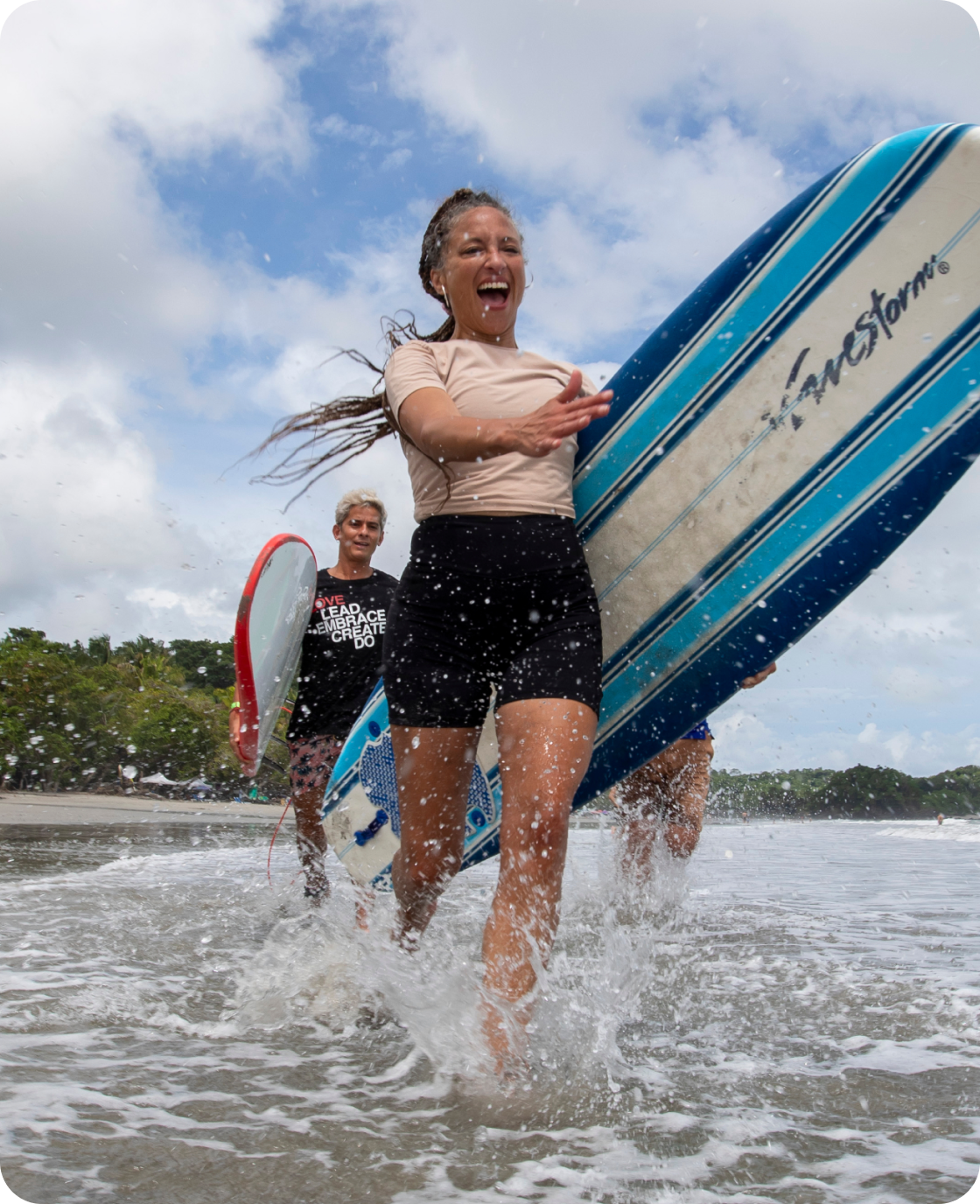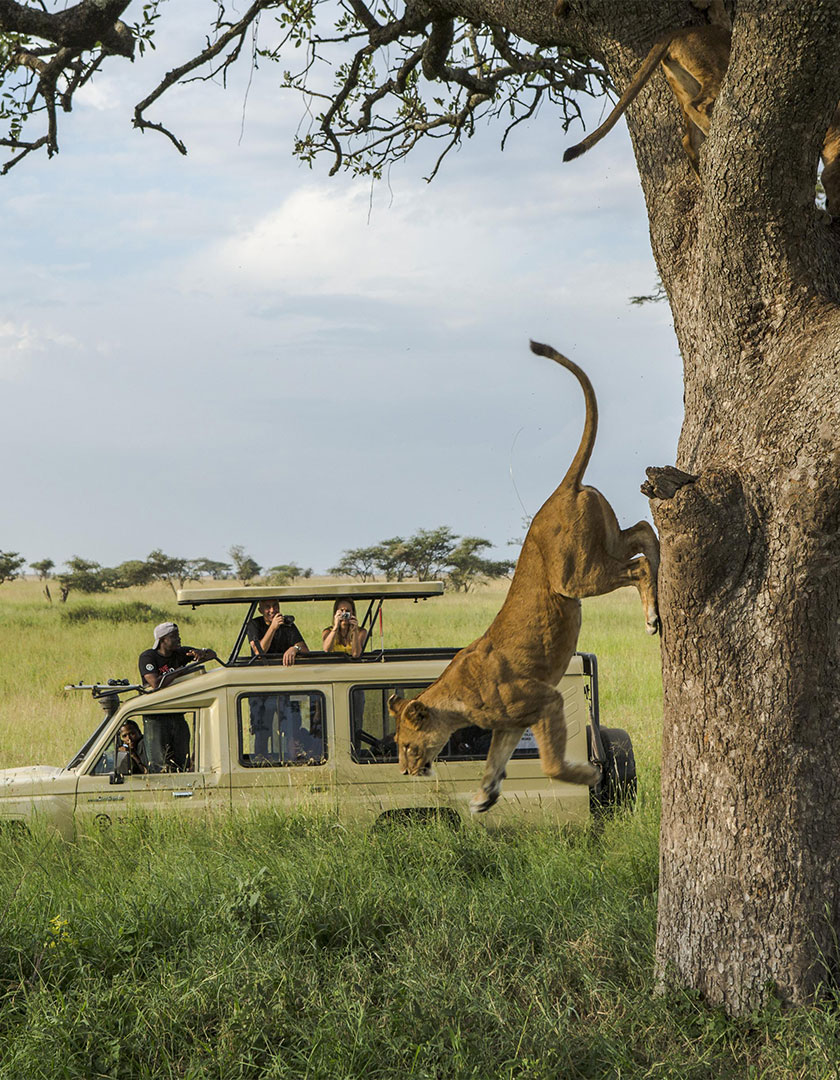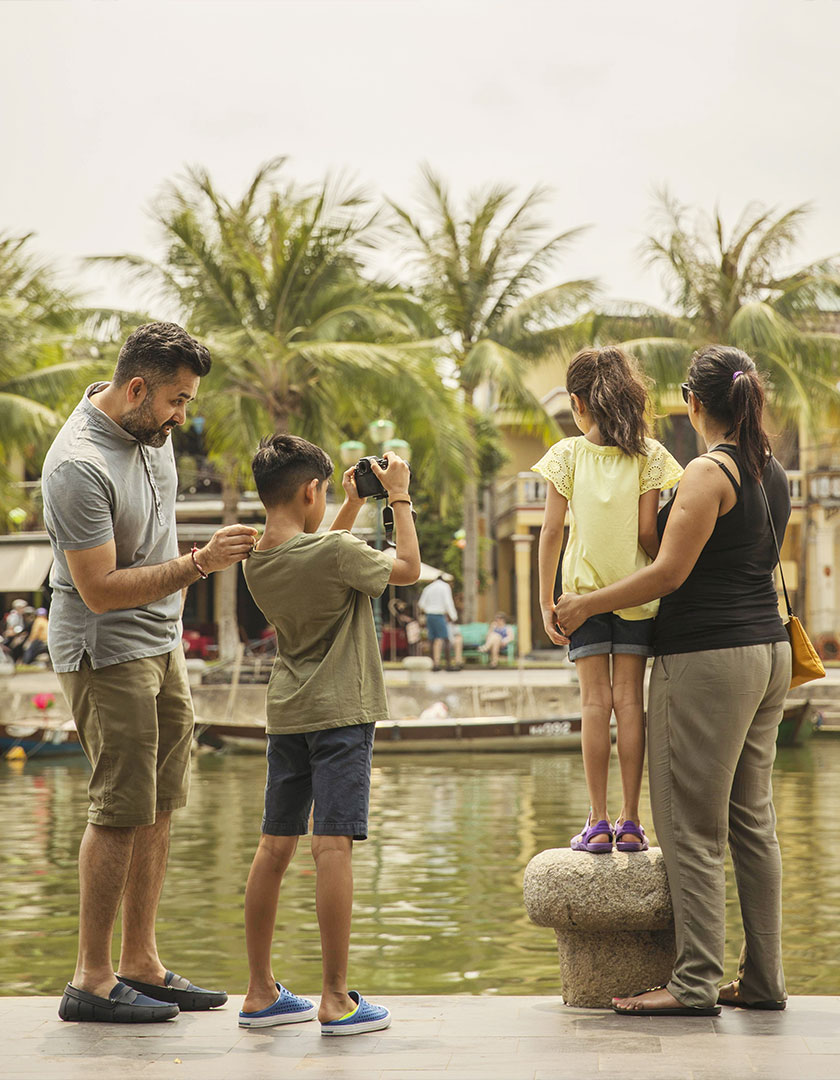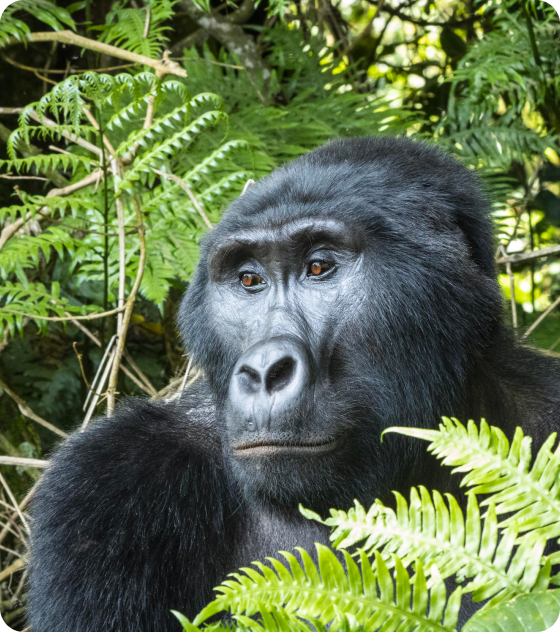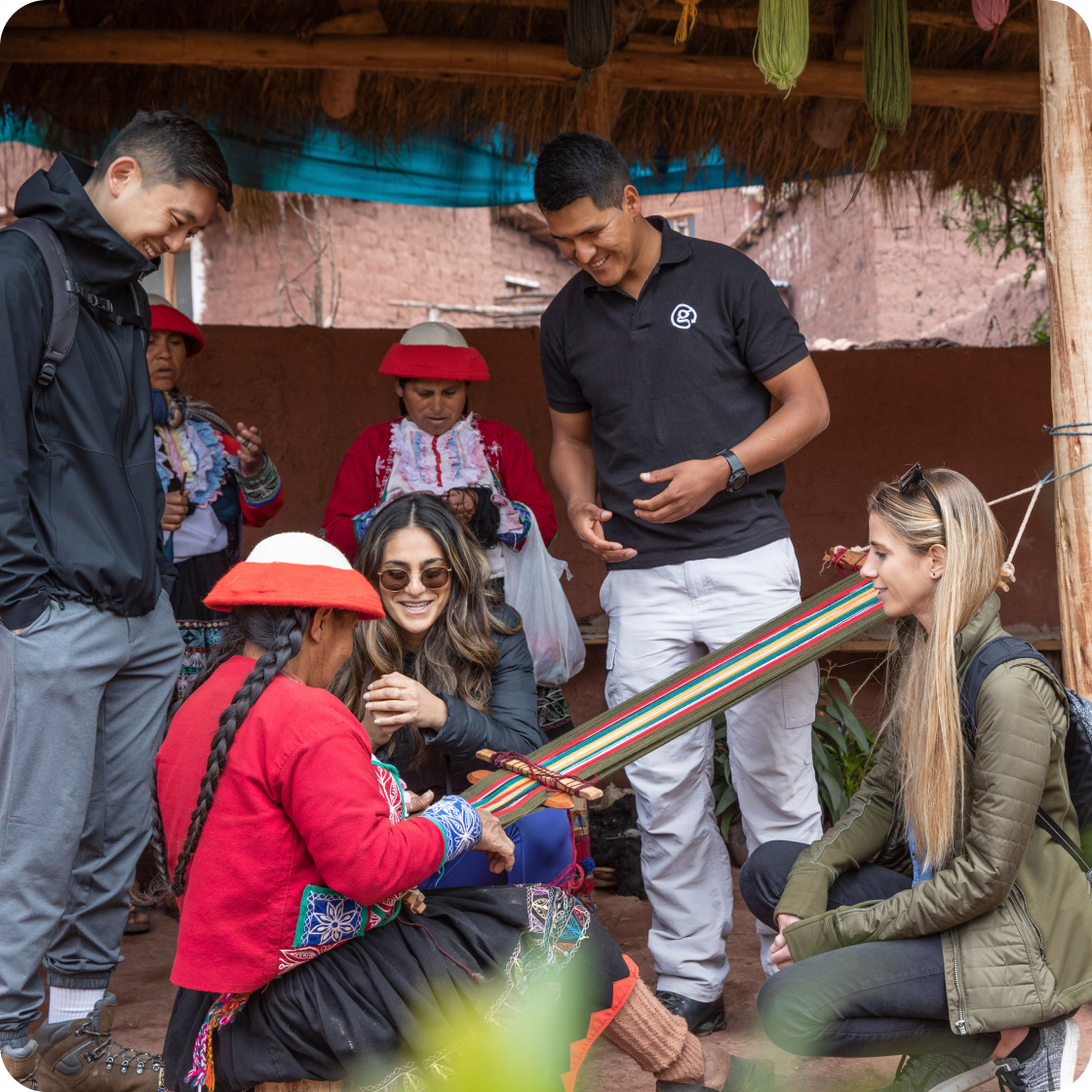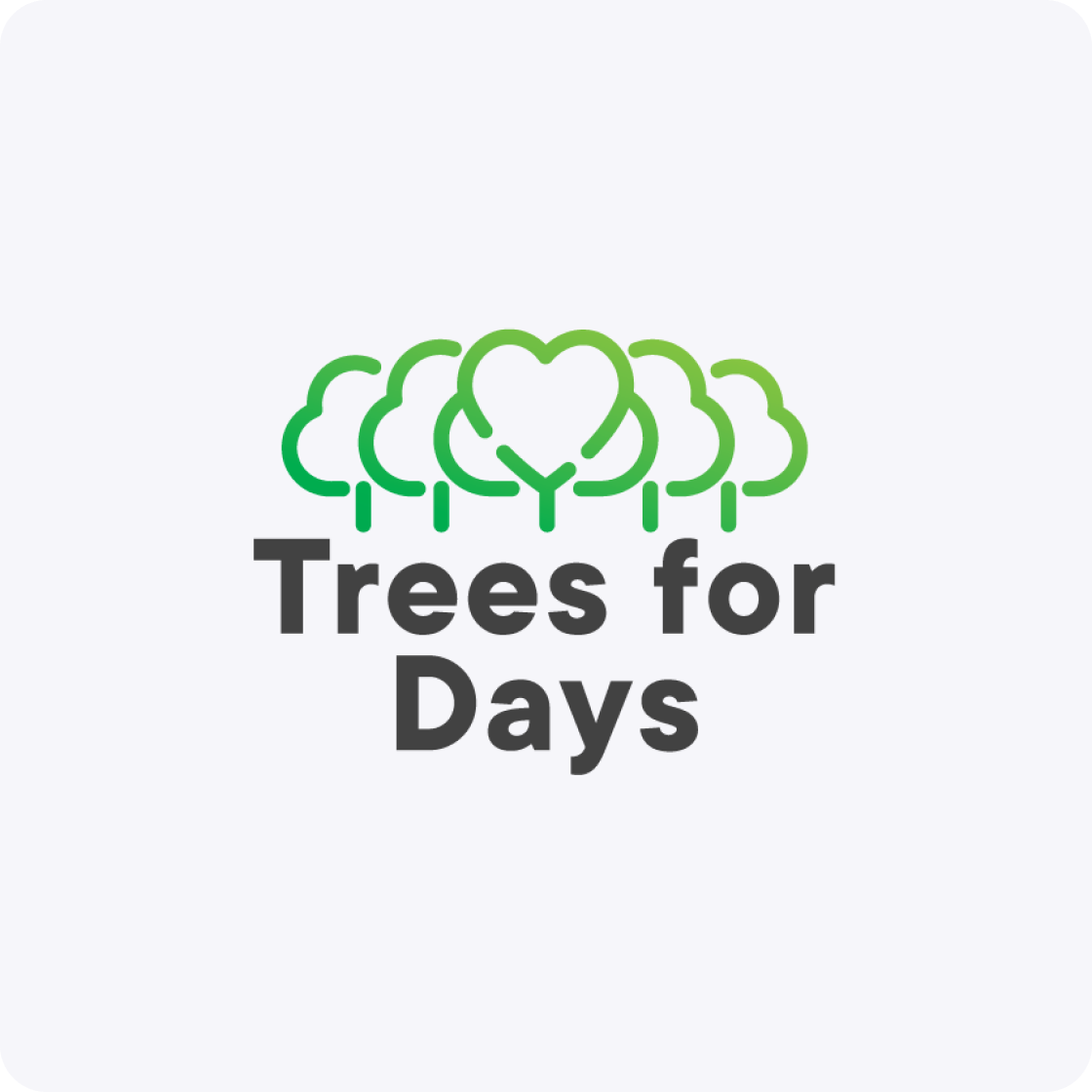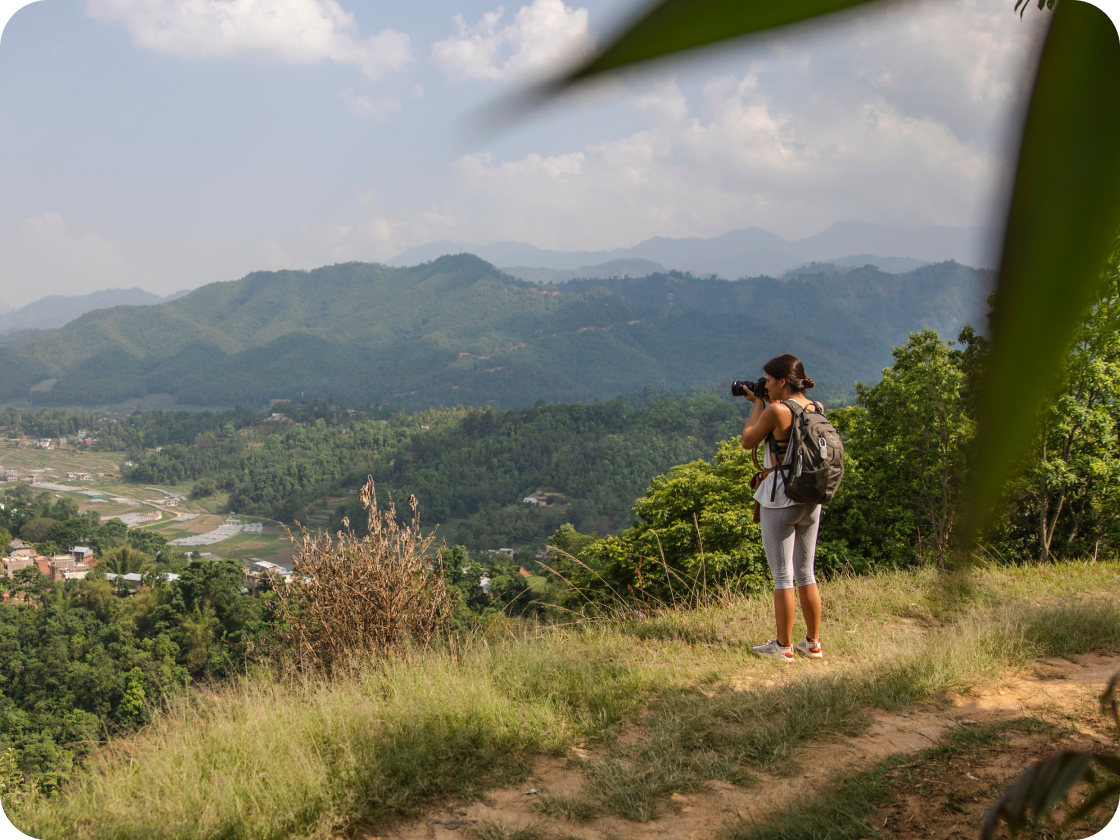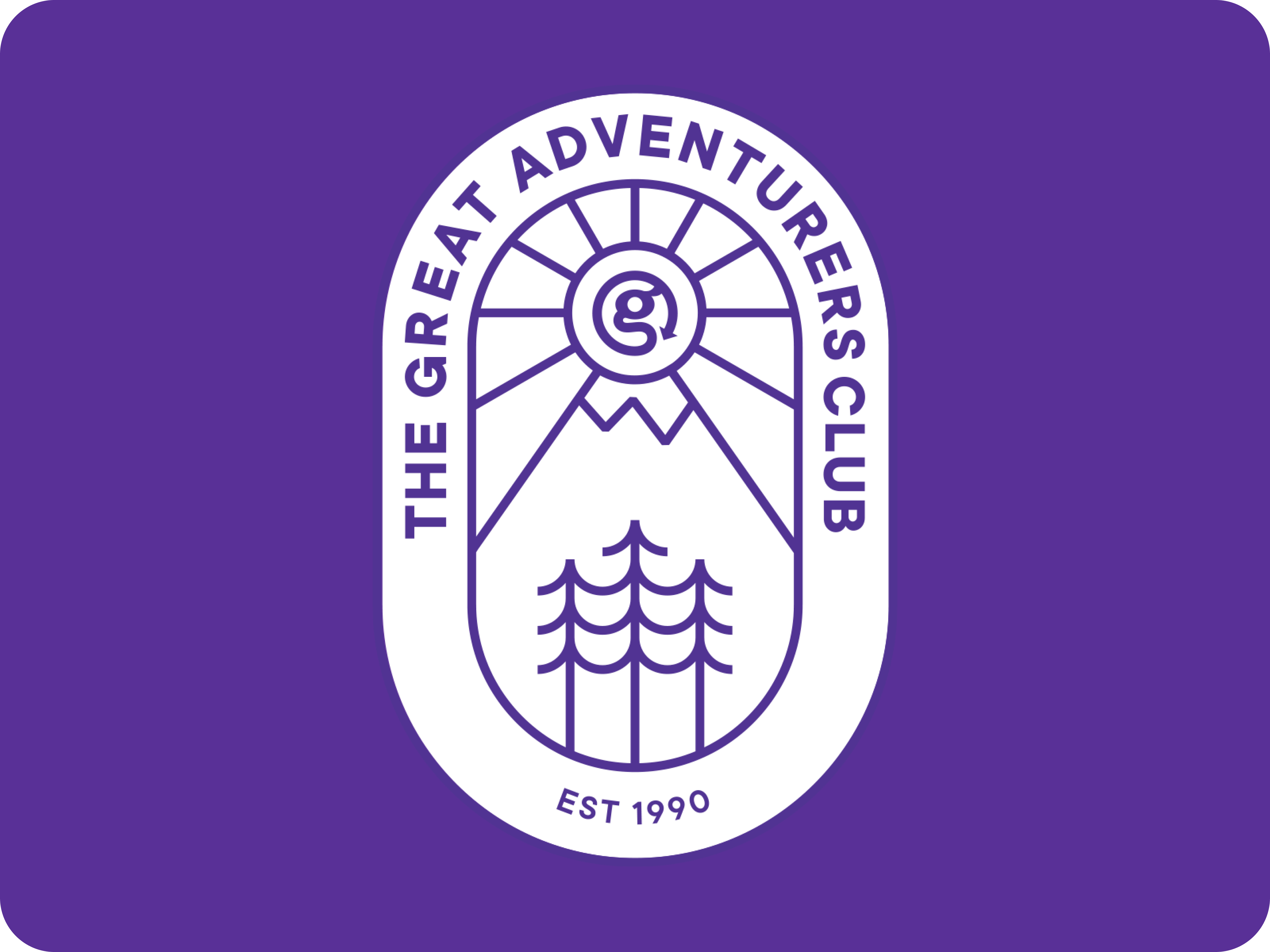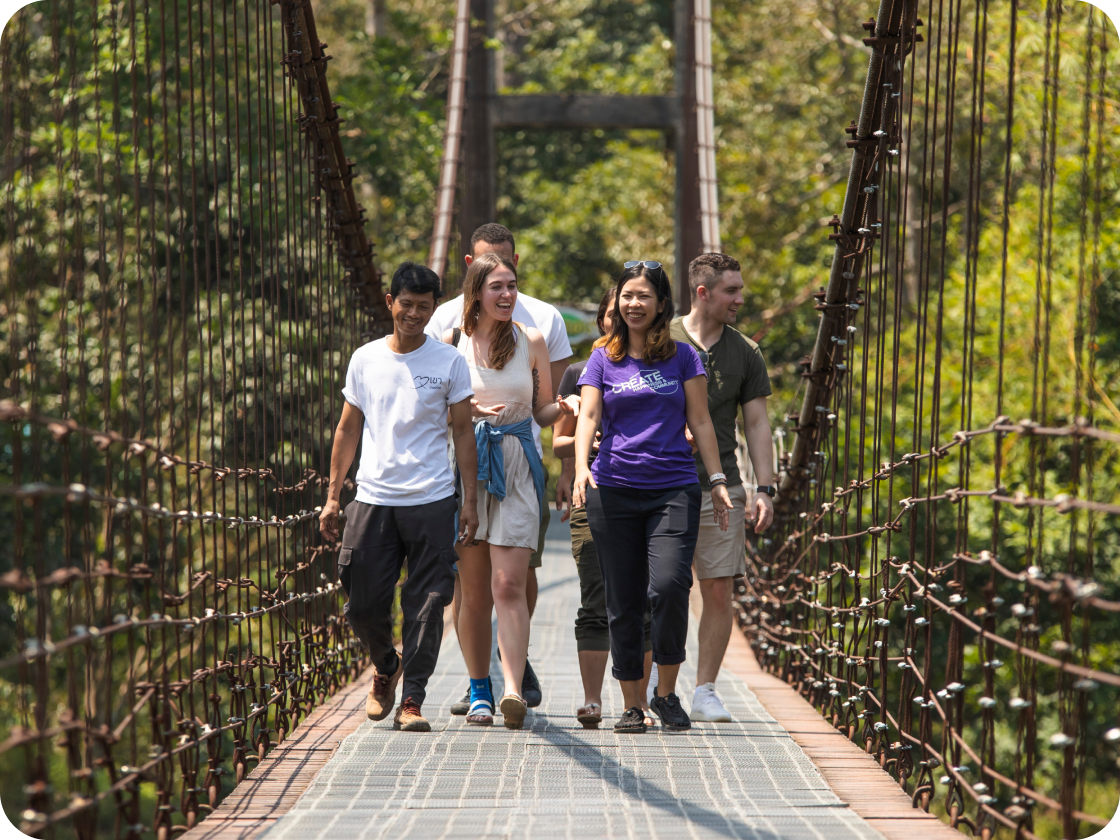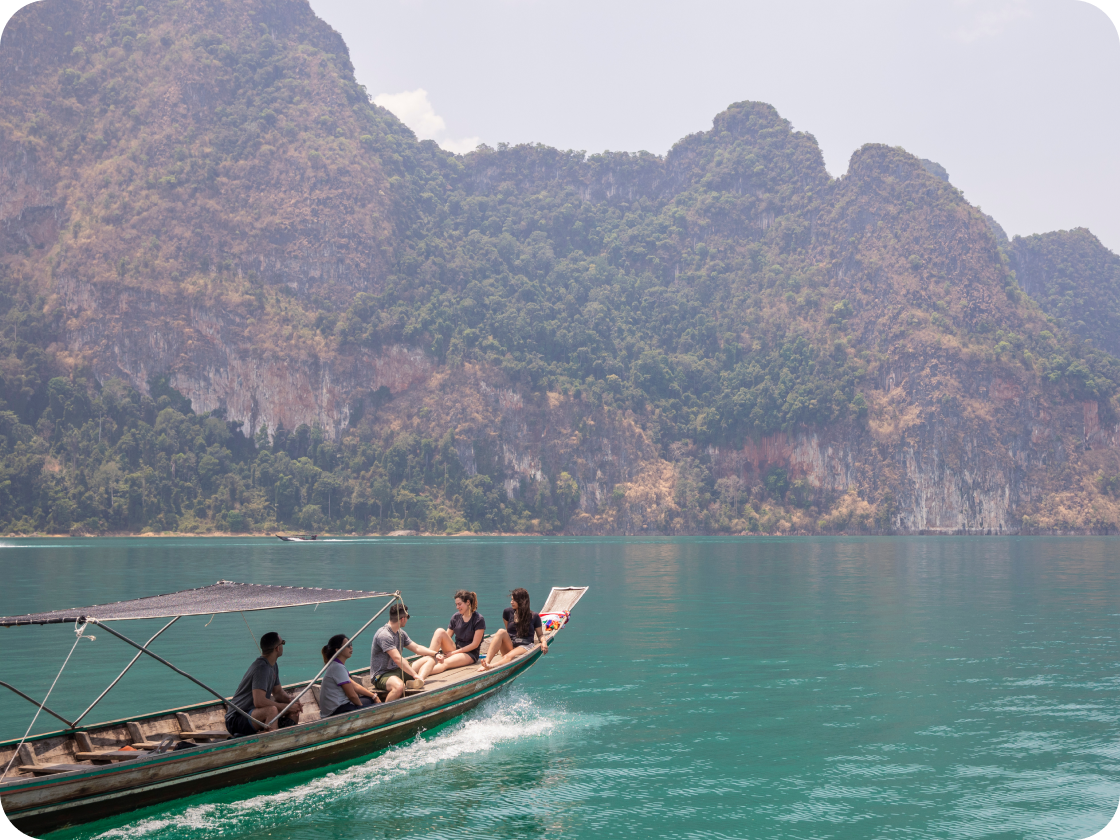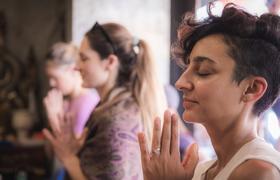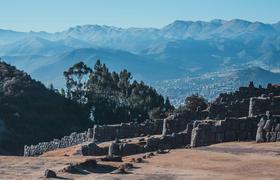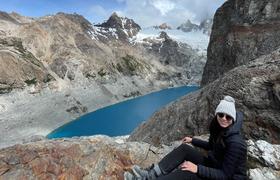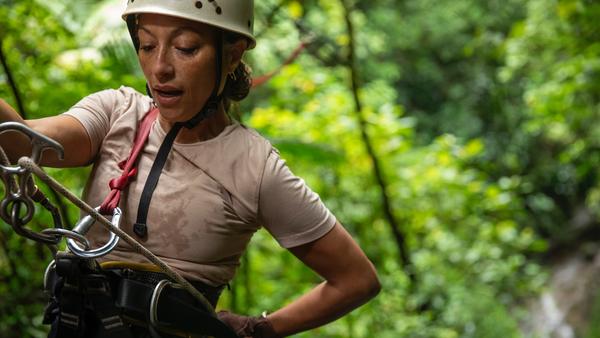
Is Costa Rica safe for travellers?
Costa Rica's natural beauty is undeniable, but like any travel destination, preparation is the key to peace of mind
Is Costa Rica safe or scary? Let's be real: no place on Earth is completely risk-free. From pesky mosquitoes carrying diseases to the odd creepy-crawly, there’s always something lurking. And let’s not forget about the usual culprits like pickpockets. But don’t let that dampen your wanderlust. A little preparation goes a long way. So, grab your sunscreen, pack your sense of adventure, and let's dive into how to stay safe in this tropical paradise.
Is solo travel safe in Costa Rica?
Costa Rica isn't just safe for solo adventurers — it's downright inviting. This Central American gem has earned its stellar reputation across Central America for being a haven for lone wolves. Its friendly locals and jaw-dropping natural beauty are enough to make anyone want to ditch the crowd and explore solo.
Sure, a little common sense goes a long way, especially when venturing off the beaten path or after dark. But hey, that's true anywhere. For solo female explorers, choosing accommodation with a community vibe can be a game-changer, especially if you're planning on hitting the trails, staying up late, or seeking out hidden gems. It's all about feeling confident and secure while immersing yourself in this incredible country.
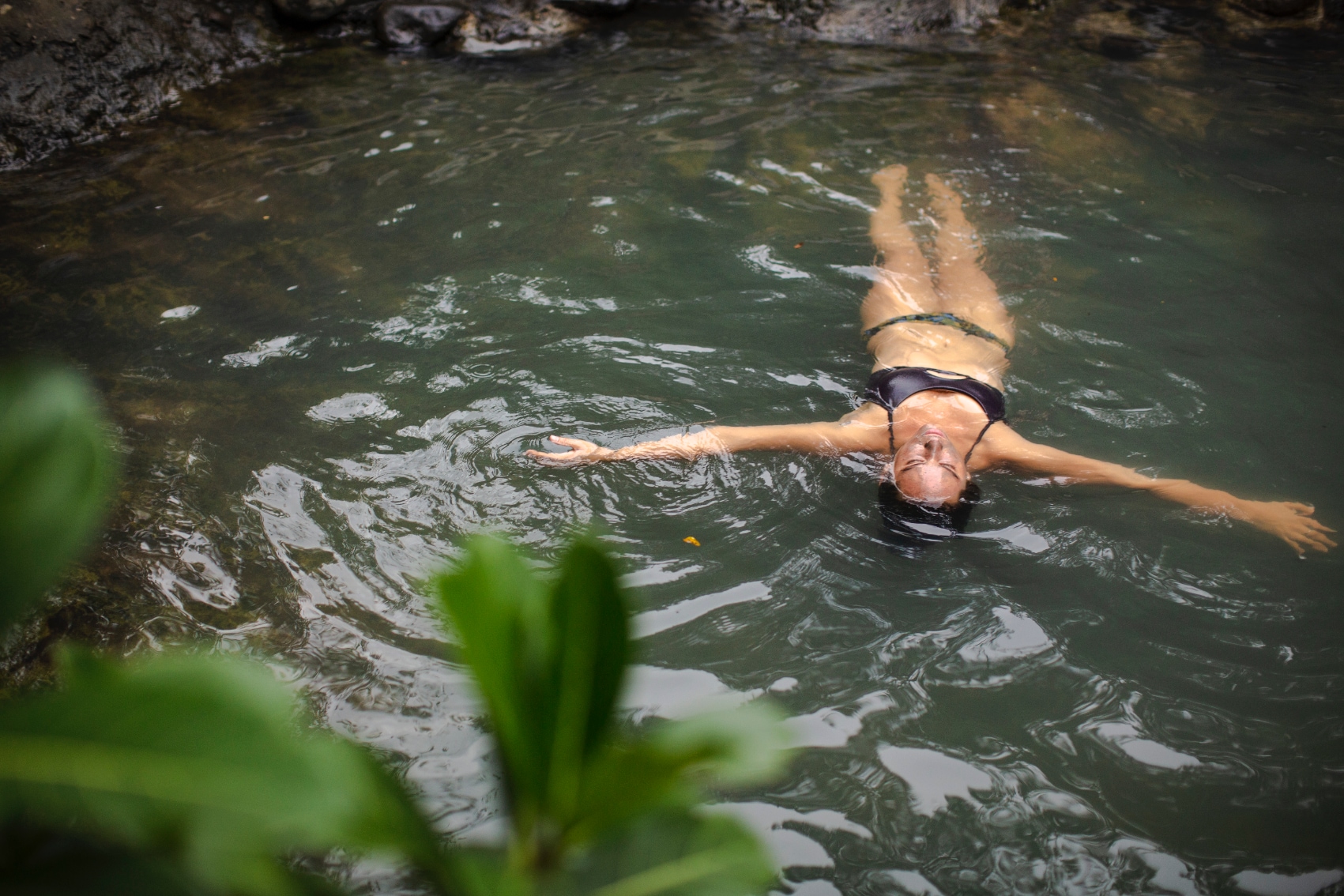
Solo travel is your ticket to freedom, growth, and mind-blowing experiences. There's nothing quite like striking out on your own to build resilience and soak up new cultures. And if you're dreaming of unaccompanied adventure, Costa Rica solo travel is calling your name! From the bohemian vibes of Santa Teresa and laid-back charm of Puerto Viejo to chasing waves in Tamarindo or finding your zen in Nosara, this tropical paradise has a spot for every solo explorer — you're in for an unforgettable journey.
Crime in Costa Rica
Costa Rica has a good safety record for visitors, and boasts a significantly lower crime rate compared to many of its Central American neighbours. But no place is perfect, right? It pays to be street-smart. The biggest risk you’ll likely face is losing your stuff to a sneaky pickpocket — they love busy spots like bus stations and tourist traps. So, keep a tight grip on your belongings, especially your wallet, phone, and passport. And don’t be a flashy target by waving around cash or jewellery — it's like waving a red flag at a bull for a thief.
Is Costa Rica LGBTQ+-friendly?
Asking 'is Costa Rica safe' extends beyond issues like crime and solo travel risks. The country's making serious strides in becoming a welcoming haven for the LGBTQ+ community, and as one of the first Central American countries to say 'I do' to same-sex marriage, it’s a trailblazer in the region. The vibrant capital, San José, is a hot spot for queer culture, with a thriving nightlife and a growing supportive community. But let's be real, progress isn't always uniform. While major cities are generally more LGBTQ+ friendly, it's wise to keep your radar on when exploring smaller, more rural areas. Showing PDA might raise some eyebrows, so it’s best to keep things low-key.
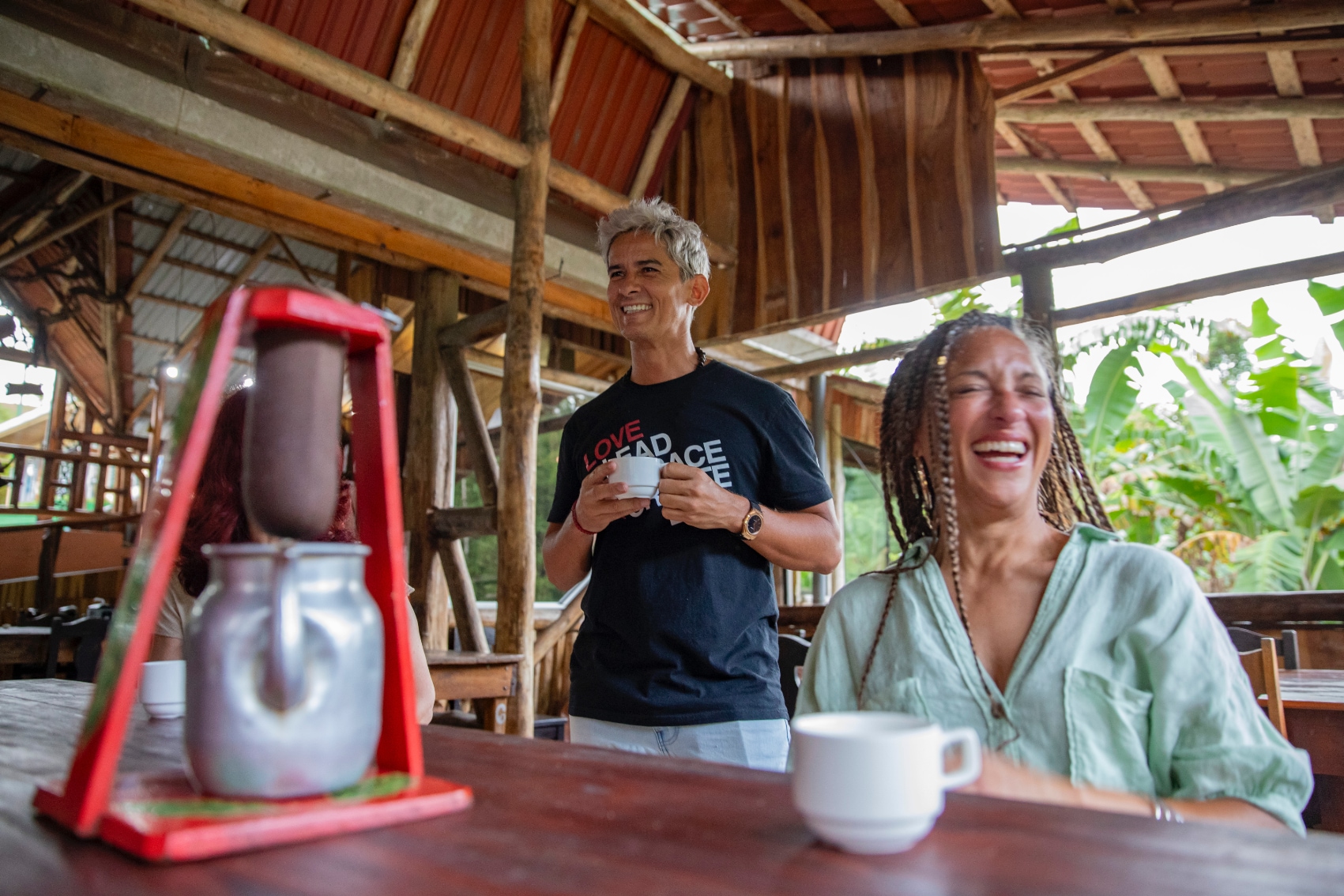
So, is Costa Rica LGBTQ+-friendly? Overall, it's generally a pretty chill spot for LGBTQ+ travellers, but like anywhere, it’s good to stay alert and respect local customs. Manuel Antonio, Costa Rica’s unofficial gay capital, has a fun LGBTQ+ scene, with gay-friendly bars, hotels, and a laid-back beach atmosphere. Then there's Puerto Viejo, a bohemian paradise with a seriously relaxed vibe, perfect for LGBTQ+ folks looking to escape the crowds and soak up some chill time.
Safest places to visit in Costa Rica
Costa Rica is generally a safe country, but like anywhere, some spots are safer than others. If you're looking for a good mix of chill vibes and excitement, Tamarindo is your ticket. This beach town is a surfer's paradise with a killer nightlife scene. For a family-friendly escape, Drake Bay is the place to be — think pristine beaches, mind-blowing wildlife, and a total disconnect from the world. And if adventure is your jam, La Fortuna is calling your name. Surrounded by lush rainforest and the mighty Arenal Volcano, it's an adrenaline junkie's dream. The safest places to visit in Costa Rica offer the best of both worlds: safety and epic experiences.
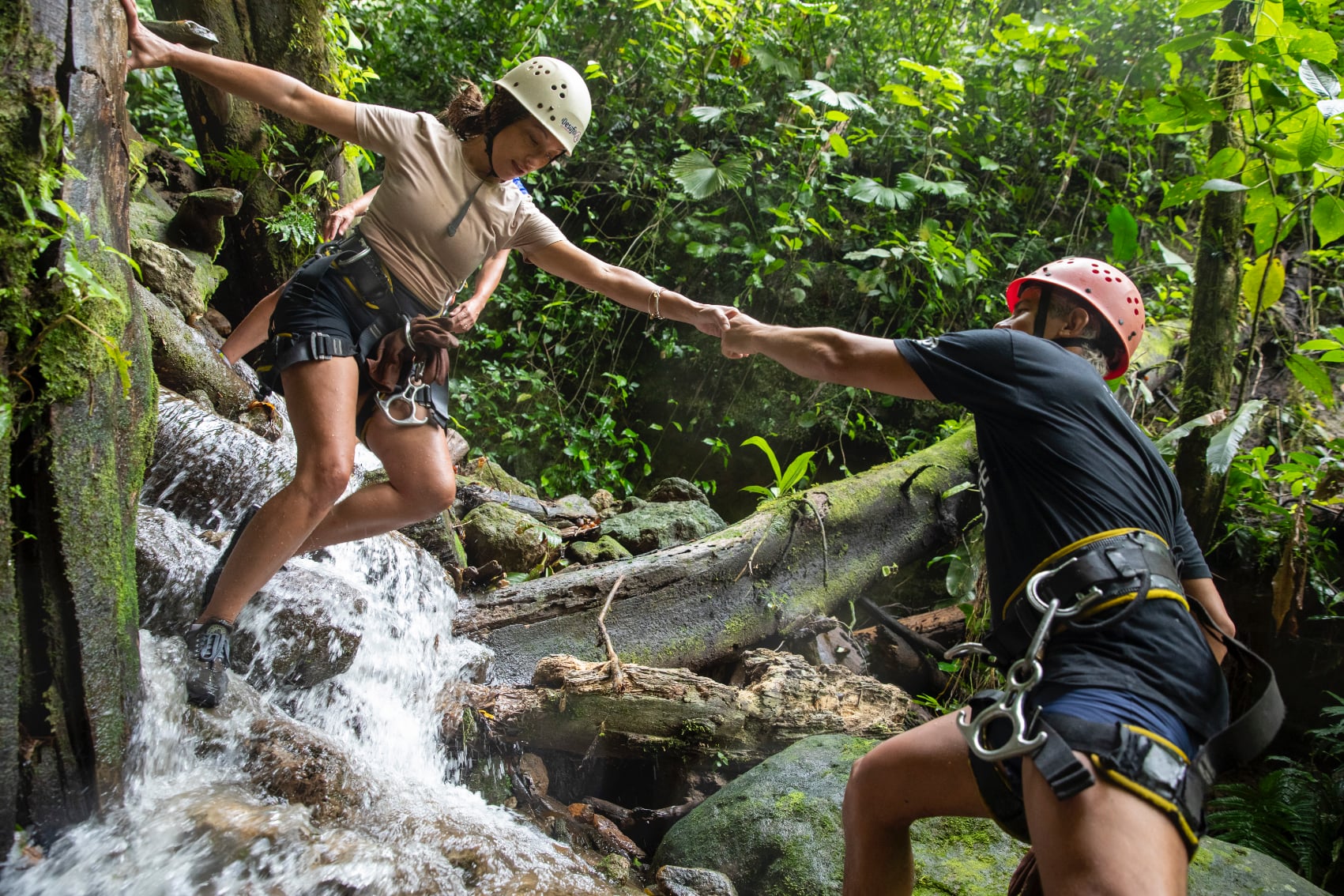
San José, while bursting with local charm, has a few neighbourhoods best left unexplored. Steer clear of places like Los Guido, Desamparados, Pavas, La Carpio, Leon XIII, El Carmen (Cartago) and El Infiernillo (Alajuela). And remember, when the sun goes down, it’s wise to avoid strolling solo, especially in the heart of the city. Parks can also be a little sketchy after dark, so keep your guard up. Beyond the capital, Limón, a vibrant Caribbean gem, has higher crime rates than other parts of the country. Similarly, Santa Rosa de Pocosol in San Carlos and the downtown of Puntarenas can be quite risky, especially at night.
Costa Rica safety tips
A common question besides 'is Costa Rica safe' is, 'is the water safe to drink in Costa Rica'? Generally, yes, it's safe to drink tap water or iced beverages in Costa Rica. However, there are a few exceptions. In some rural areas or during the rainy season, water quality might fluctuate. If you're unsure about the water in a specific location, it's always best to err on the side of caution and drink bottled water.
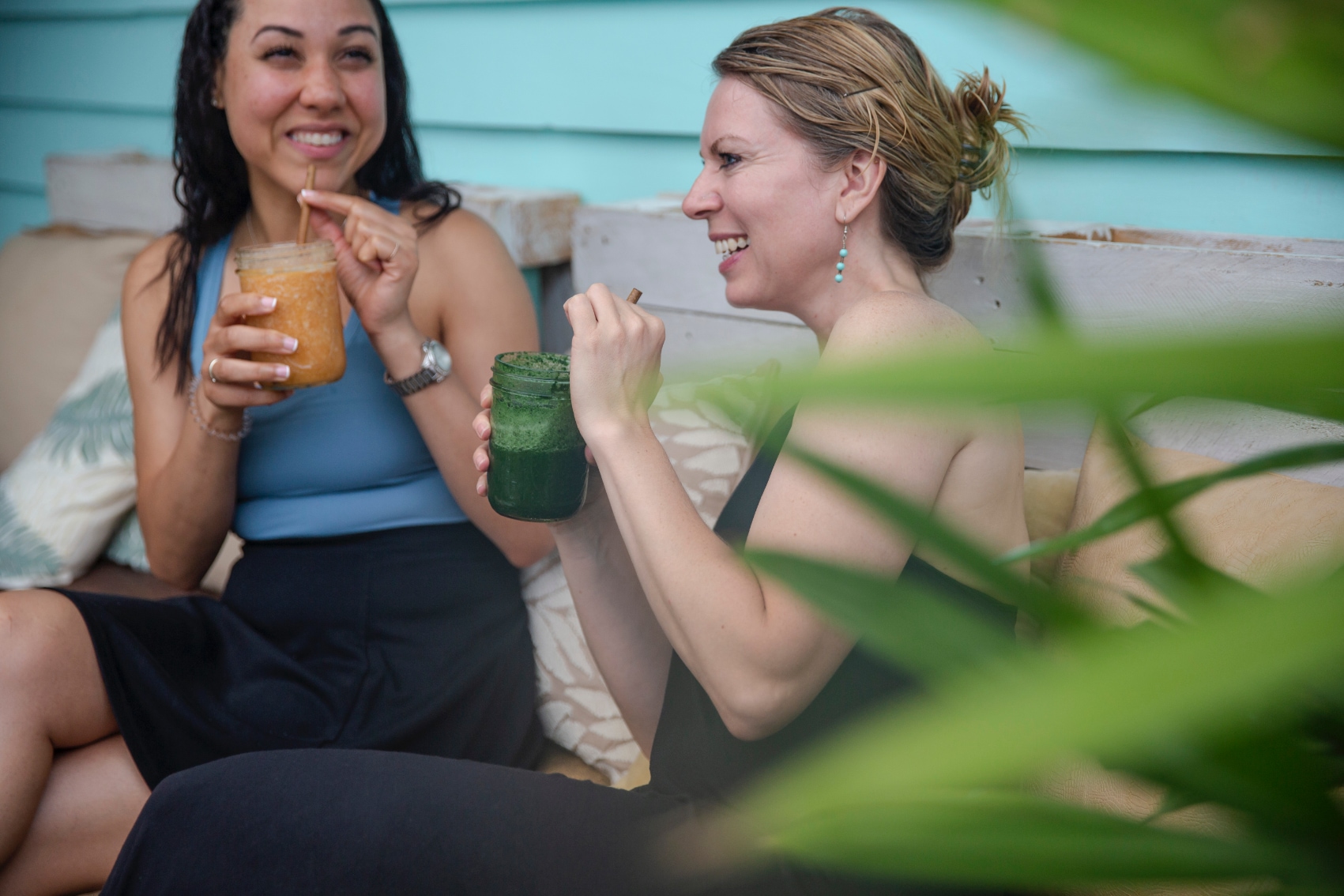
Costa Rica is a haven for wildlife, but it's important to respect the natural world. While encounters with dangerous animals in Costa Rica are rare, it's wise to be aware of your surroundings. Snakes, like the venomous fer-de-lance, and crocodiles are among the creatures to watch out for, especially in and around water. Jaguars and pumas also inhabit the country, though attacks on humans are extremely uncommon by these magnificent creatures anywhere in the world. By following basic safety guidelines, such as staying on marked trails and avoiding wildlife encounters, you can minimize your risk and fully enjoy your adventure.
A couple of things to bear in mind to make sure you optimize the safety-fun trade-off are, firstly, learning some basic Spanish. This can be helpful in communicating and understanding local situations, especially navigating the bus network. It's also essential to respect and follow local customs and traditions to avoid any potential misunderstandings, including asking for permission before taking photos of people or sacred sites, like churches or temples.
Costa Rica healthcare
Costa Rica boasts a commendable healthcare system accessible to both residents and visitors. While it’s affordable, don’t expect a speedy recovery lane. If you prefer a VIP experience or specialized care, private healthcare is available. Now, here’s the kicker: even though Costa Rica has made strides in medicine, unexpected medical mishaps can hit your wallet hard.
That’s why travel insurance is your new BFF — it’s like a safety net for your health and your finances. And don’t be a jungle dummy! Before you jet off to Costa Rica, make sure you're vaccinated and ready to rumble with any tropical troubles. And make sure you do your homework on local hospitals, clinics, and pharmacies, you never know when you might need a quick cure.
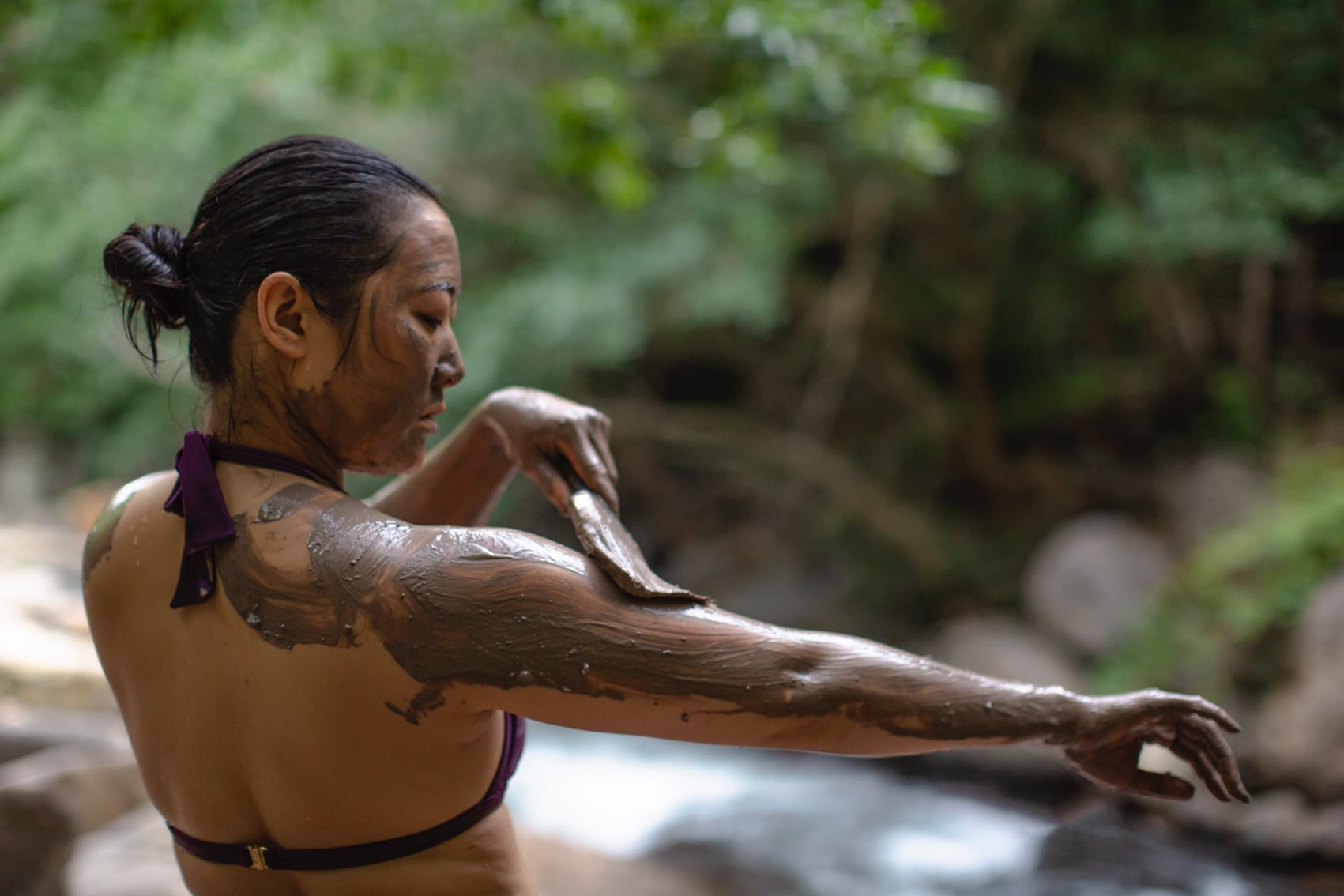
So, is Costa Rica safe? While it's important to practice common sense precautions like in any travel destination, the country's reputation for safety allows visitors to immerse themselves in its natural wonders and vibrant culture with peace of mind. By being mindful of your surroundings and taking simple steps to protect your belongings, you can fully embrace the magic of this extraordinary land.
